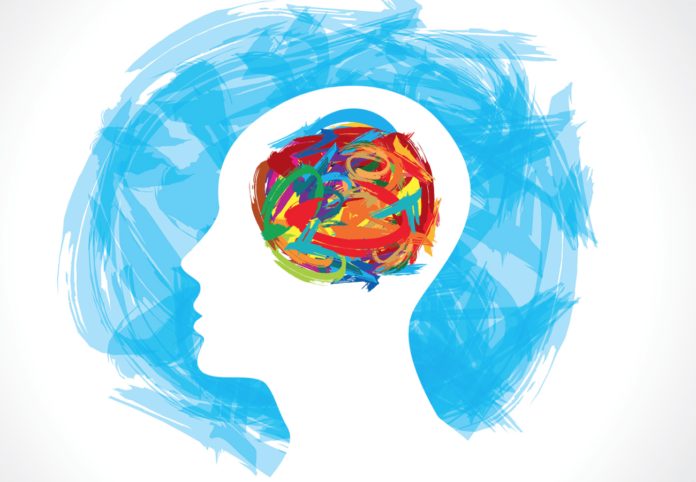Nearly 300 million people are affected by depression in the present era with nearly 60 million suffering from bipolar disorder, 50 million from dementia and over 23 million from schizophrenia and other mental disorders. According to WHO, one in every four people have suffered from a mental or neurological illness at some point in their lives.
Mental illness is not a choice. One does not choose to be afflicted by a disorder. So the next time you try to support your friend, just think before you brazenly tell them to “get over it” or “try being happier”. Widespread misconceptions about mental illness, depression and other disorders cause people to hide, rather than confront and treat them. For long, they haven’t been treated as “real diseases”.

However, a study conducted by the Harvard Medical School helped in creating a better understanding of the bigger picture. According to the study, depression cannot be classified as just a chemical imbalance as it is backed by many other factors that affect it’s occurrence. Research shows that the hippocampus, which is a part of the brain that plays a role in the consolidation of information from short term to long term memory, was found to be 9%-13% smaller in women suffering from depression as compared to those who weren’t.
So the real question is, what can you as a friend or a family member do to help someone suffering from a mental disorder? When it comes to dealing with something as sensitive as mental health, you must keep in mind that the process varies from person to person as it doesn’t affect everyone in the same hard and fast textbook way. Many personal and traumatic experiences lead to specific disorders so we are never in a position to assume the extent of seriousness of what a person could be going through. There are several organisations that are dedicated to helping people deal with mental illnesses. Reputed ones include TWLOHA (To Write Love On Her Arms) and Metanoia.

People suffering from depression and other mental disorders do not want to be mollycoddled at all times. One must understand that there are some things that can be said and some things that simply can’t. What is vital is that you show your affected loved ones that you support them and that you’re just a phone call away. What people seek is emotional support and not persistent advice.
It’s finally time to accept the very real and widespread mental health epidemic affecting millions worldwide. It’s time to offer support and help to those who need it. It’s time to stop neglecting what could potentially destroy people. It’s time to change the image of this misunderstood and very real illness. It’s time for change.
I


